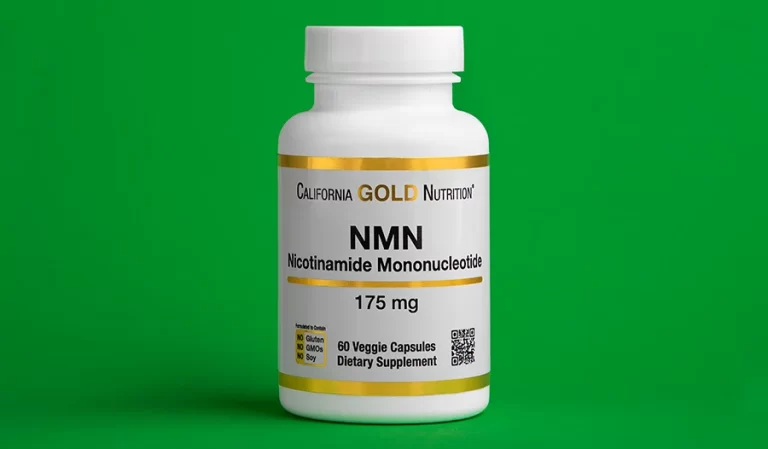Among the plethora of brands offering NMN supplements, Lifepowders NMN has garnered attention. However, amidst the enthusiasm for its potential benefits, questions loom regarding its safety for prolonged consumption.
NMN is a precursor to NAD+ (Nicotinamide Adenine Dinucleotide), a molecule crucial for various cellular functions, including energy metabolism and DNA repair. As we age, NAD+ levels decline, contributing to age-related decline in cellular health. Lifepowders NMN supplementation aims to replenish NAD+ levels, potentially reversing or delaying aging-related processes.
Lifepowders NMN claims to provide a pure and potent form of NMN, sourced from high-quality ingredients. While short-term studies suggest benefits like improved mitochondrial function and enhanced exercise endurance, the safety of long-term usage remains less explored.
One primary concern with NMN supplementation is its potential impact on metabolic pathways and cellular processes. While NMN aims to boost NAD+ levels, excessive NAD+ can potentially disrupt cellular balance and signaling pathways. Long-term studies evaluating the effects of sustained NAD+ elevation are lacking, leaving uncertainties about potential adverse outcomes.
The purity and quality of NMN supplements, including Lifepowders NMN, raise questions about potential contaminants or impurities. Without rigorous quality control measures, supplements may contain harmful substances, posing risks with prolonged use.
Another aspect to consider is the interplay between NMN supplementation and individual health conditions or medication regimens. Since NMN influences cellular processes, its interaction with existing medical conditions or medications warrants thorough investigation. Without proper medical guidance, individuals may inadvertently exacerbate health issues or experience adverse reactions.
The long-term effects of NMN supplementation on organ systems beyond cellular health remain uncertain. Comprehensive studies assessing its impact on cardiovascular health, neurological function, and cancer risk are essential for understanding its safety profile.
Ethical considerations also come into play when promoting longevity supplements like NMN. The allure of extending lifespan may overshadow potential risks, leading individuals to prioritize longevity over safety. Responsible marketing and transparent communication about the limitations and uncertainties surrounding NMN supplementation are crucial for informed decision-making.
Lifepowders NMN and similar supplements hold promise for enhancing cellular health and longevity, their safety for long-term use remains a topic of debate and investigation. Rigorous scientific research, including controlled clinical trials and longitudinal studies, is necessary to elucidate the potential benefits and risks associated with prolonged NMN supplementation. Until then, individuals considering NMN supplementation should proceed with caution, seeking guidance from healthcare professionals and remaining vigilant about product quality and safety standards.


Comments are closed.